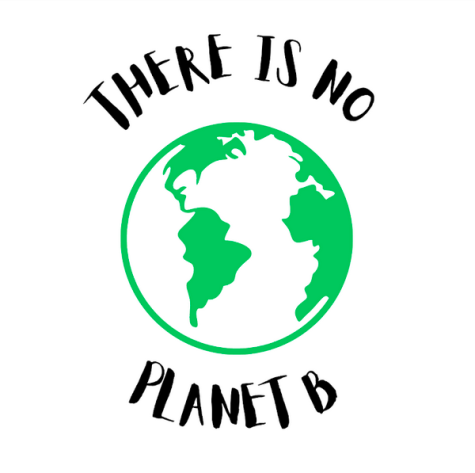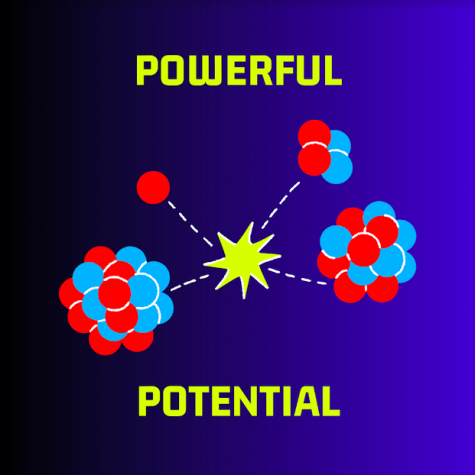Course Highlight: HC 2080 – Science and the Late Cold War
From science courses to art and global perspective courses, the Honors College provides its students with a variety of classes to choose from. This fall, the Honors College will present a course named “Science and the Late Cold War (HC 2080),” taught by Steffan Puwal, Adjunct Assistant Professor from the Department of Physics.
This course is offered on Tuesdays and Thursdays from 10 to 11:47 a.m., and counts toward the students’ “Natural Science and Technology” requirement. Its primary focus will be on science relevant to the Cold War between the U.S. and the Soviet Union, with a particular emphasis on the post-World War II period and the 1980’s.
Students will study nuclear weapons’ fundamental concepts and their health impacts, nuclear winter, ballistic missiles and lasers. Additionally, students will have the opportunity to learn about the Space Race, the Moon Landing and geologic science.
Through a variety of videos and lectures, key events in the history of the Cold War will be explored, including the founding of NATO and the Warsaw Pact, as well as the division of Germany.
According to Puwal, the idea of teaching the course originated from his own background in physics and personal interest in the history of the Cold War. This led him to read three books about the Cold War: Chernobyl: The History of a Nuclear Catastrophe by Serhii Plokhy, Arsenals of Folly by Richard Rhodes and Bloodlands: Europe Between Hitler and Stalin by Timothy Snyder.
“My ancestors are from Poland, and friends and colleagues are from Russia and Ukraine, so I’ve been motivated to explore Eastern European languages,” Puwal said. “All of this came together into a class that explores physics and the physical sciences in the later years of the Cold War.”
While the course is open for any student interested, Puwal highlighted some of the perspectives of different majors in this course.
“I think that science and non-science majors alike will learn a great deal from this course,” he said. “Modern language majors may appreciate that we begin the course by exploring the Russian and Ukrainian alphabets. Physics majors may appreciate how a language that does not have the equivalent of the English language “X” is not going to call them X-Rays (something I hadn’t given much thought to until teaching this course). Additionally, in light of current events, history and political science majors will appreciate an all too relevant historical context as we discuss nuclear arms control, the Space Race and the environmental and biological effects of nuclear war.”
Puwal chose an applied nature — one of the most appealing aspects of this course — that allows students to explore the central role that physics played during the Cold War.
“It’s one thing to learn about nuclear fission, but to discuss it in the context of the Three Mile Island and Chernobyl nuclear accidents makes it more understandable,” Puwal said. “[We also] survey the geology of the Moon and rocket science in the context of the Moon Landing, which is always a favorite subject for students. I try to combine my usual lecture format with some interesting applied lab activities and, as I am not a historian, more than a few films to provide some historical context.”
Students who are interested in learning details about the course can visit Puwal’s lecture notes on his personal website or email him at [email protected].










